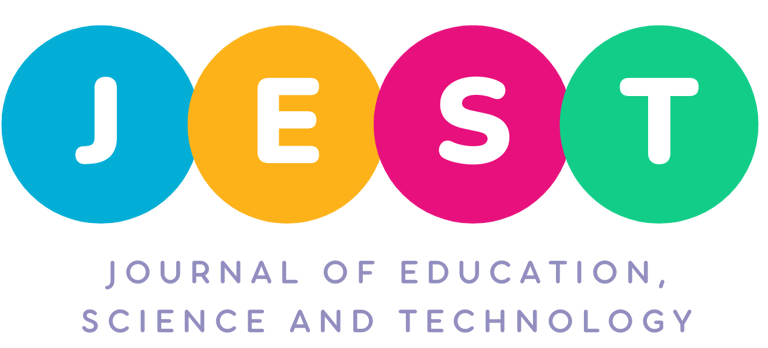Artificial Intelligence and Its Impact on Teaching and Learning in Higher Institutions in Ile-Oluji/Oke-Igbo and Ondo West, Nigeria
This study explores the impact of Artificial Intelligence on teaching, learning, and administration in Nigerian universities, revealing positive perceptions and highlighting the need for training and curriculum integration.
Abstract
This study focused on Artificial Intelligence (AI) and Nigerian higher education development. The aim of this study is to examine the impact of AI on teaching and learning in higher institutions in Nigeria. A self-developed questionnaire was used to collect information from the respondents. A simple random sampling technique was employed to select 500 respondents from five chosen universities in the Local Government Areas. The data collected were analysed using descriptive and inferential statistics. Findings revealed that students generally have positive perceptions of AI in their academic activities; they find it helpful for understanding complex topics, completing assignments, and enhancing problem-solving skills. While most students trust AI to provide accurate information, some variability exists in its perceived effectiveness, which suggests the need for tailored integration and support. The results also revealed the positive impact of AI on administrative tasks, including improved efficiency, simplified processes, and time savings for routine activities. However, inadequate training for administrative staff emerges as a significant barrier, limiting the full potential of AI integration. While AI is seen to enhance workflows and save time, mixed perceptions have shown ongoing challenges with implementation and technical limitations. It was therefore recommended that educational institutions should incorporate AI-related courses and tools into their curriculum to enhance students' academic competence and digital literacy. Also, Universities should provide opportunities for lecturers to develop AIrelated skills and knowledge through professional development programs, which include training in data literacy, AI literacy, and understanding the ethical implications of AI in education.
Keywords: artificial intelligence, digital literacy, teaching, learning and higher institutions
Citation: Sabejeje, A.J. Adediran M.B & Akinsemolu A.A. (2025). Artificial Intelligence and Its Impact on Teaching and Learning in Higher Institutions in Ile-Oluji/Oke-Igbo and Ondo West, Nigeria. Journal of Education, Science and Technology 2025, (1) 1.48-54.
COPYRIGHT © 2025 Sabejeje, Adediran & Akinsemolu. This is an open-access article distributed under the terms of the Creative Commons Attribution License (CC BY). The use, distribution or reproduction in other forums is permitted, provided the original author(s) and the copyright owner(s) are credited and that the original publication in this journal is cited, in accordance with accepted academic practice. No use, distribution or reproduction is permitted which does not comply with these terms.
